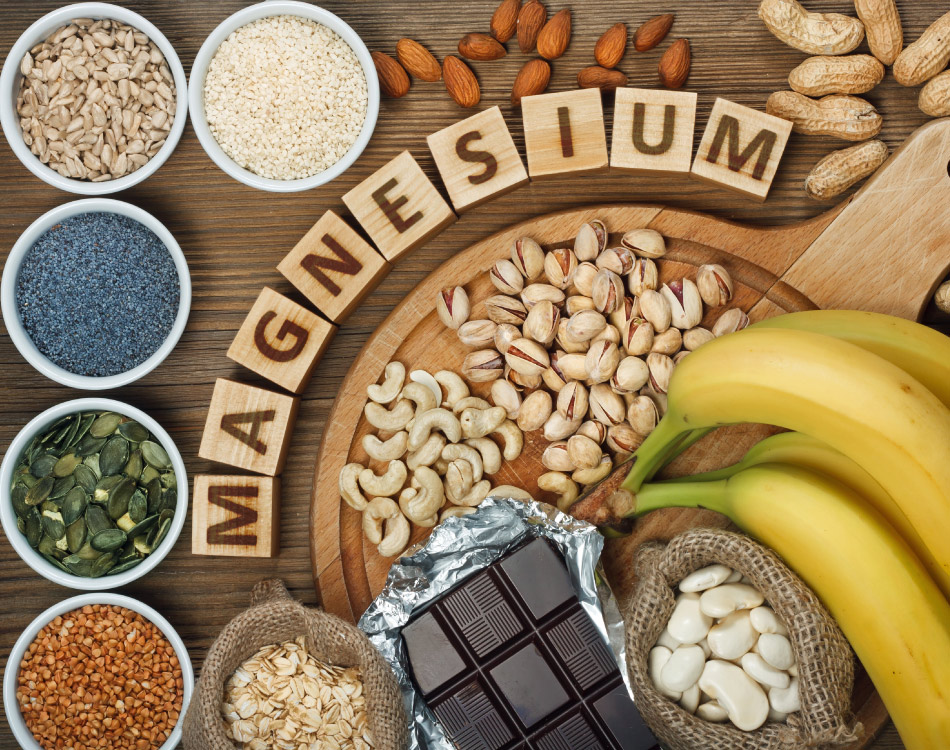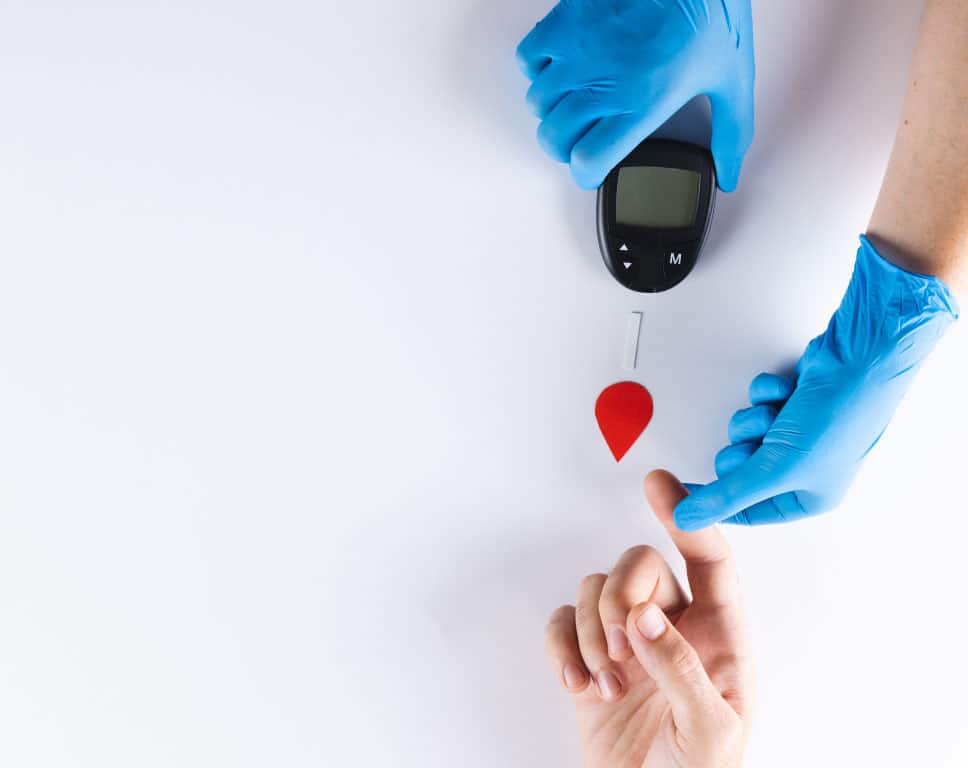There are numerous minerals that are essential to sustain human life, not to mention enhance athletic performance.
At the top of the list are potassium, sodium and magnesium due the important roles they play in human physiology but magnesium stands out due to the sheer number of processes it is involved in.
Magical magnesium
Along with potassium, magnesium is the most abundant mineral found in the human body and is present in every cell type in every organism.
About half of the body’s total magnesium is stored inside our cells, with the other half stored in bones and a very small percentage circulating in our blood.
It is a critical co-factor in more than 300 enzymatic reactions in the human body and research has shown that adequate magnesium levels can help suppress lactate production, while increasing glucose metabolism and availability in the brain during exercise.
Research also indicates that it may play a vital role as an antioxidant, helping to protect the body from the damage caused by free radicals and oxidative stress.
Dangers of a deficiency
Therefore, a lack of magnesium can affect virtually every organ system in the body, especially muscles, as it plays a vital role in muscle contraction.
A magnesium deficiency, also known as hypomagnesemia, can cause problems with the musculoskeletal system, such as muscle twitches, cramps, tension and soreness, backache, neck pain, tension headaches and jaw-joint dysfunction.
Smooth muscles can also become impaired, resulting in conditions like constipation, urinary spasms and menstrual cramps.
You may also experience chest tightness, which may make deep breathing difficult, as well as difficulty swallowing or the sensation of having a ‘lump’ in your throat.
Other issues commonly associated with magnesium deficiency include difficulty adjusting to bright lights and sensitivity to loud noises.
A deficiency can also affect the central nervous system, with common symptoms like insomnia, anxiety, hyperactivity, restlessness, panic attacks, agoraphobia and premenstrual irritability. The potential effects on the peripheral nervous system can include numbness, tingling and other abnormal sensations like ‘jolts’ and other vibratory sensations.
On a more serious note, a lack of magnesium can influence cardiac and vascular diseases, diabetes, bone deterioration, renal failure, hypothyroidism and stress. Sufferers also report feeling lethargic with little or no energy.
Exercise impact
Beyond the potential for cramps, research conducted by physiologist Henry C. Lukaski and nutritionist Forrest H. Nielsen has shown that “inadequate magnesium is associated with a need for increased oxygen during exercise”.
The study found that people with low muscular magnesium levels were likely to use more energy during moderate activity and would, therefore, tire more rapidly than those with adequate levels.
This is largely attributed to the impact a lack of magnesium has on the optimal functioning of various anaerobic and aerobic energy pathways.
Another area where energy production can be impacted by low magnesium levels is through the process of calcification, which is the deposit of calcium throughout the body. Without sufficient magnesium to counteract the action of calcium, cells will begin to harden, including the mitochondria of the cells, thereby reducing the energy producing capabilities of this important biological ‘power plant’.
Other factors
Interestingly, magnesium deficiencies are not only caused by a lack of the mineral in our modern day diets.There are also various other factors that reportedly cause it, like a lack of sleep or poor absorption.
Other causes include alcoholism, excessive diuretic use, the use of antibiotics and other drugs, excess calcium, the over-consumption of saturated fats, salt, sugar, coffee or tea, as well as insufficient water consumption, a lack of vitamin B6, vitamin D and reduced exposure to sunlight. Increased levels of stress have also been linked to hypomagnesemia.
Meeting your magnesium needs
So, as you can see, it is very important that you get the minimum recommended daily allowance (RDA) of magnesium, which is between 310-420mg per day.
The best sources of magnesium are green vegetables, such as spinach, legumes, nuts (especially cashews and almonds), seeds, dark chocolate, roasted soybeans, bran, certain seafood, dairy, certain fruits (apples, bananas, peaches and apricots) and various whole grains.
Low levels of magnesium can also be found in various other food sources, including various herbs and spices, so a variety of these food-stuffs should be consumed on a daily basis to meet the RDA.
Magnesium supplements
To increase your daily intake or treat mild deficiencies a number of over-the-counter magnesium supplements are available.
The most common form are oral supplements, which can be found on the shelves of most nutrition stores and chemists. These supplements include magnesium chelate, magnesium glycinate, aspartate, taurate, malate, citrate, fumarate and chloride, which are available under various product and brand names.
So, whether you are a very active individual, competitive athlete or just a weekend warrior it is essential that you recognise the importance of this mineral, as it plays a vital role in just about every important bodily function. The best option is to speak to your physician before choosing the right magnesium product for you.















